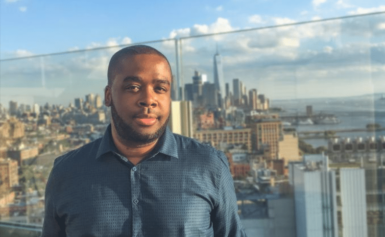
Airbnb (Flickr)
Airbnb revealed a new policy to solve the racial discrimination issues of#AirbnbWhileBlack. And the goal is to decrease opportunities for rejection of Black users.
A notice sent by CEO Brian Chesky — who admitted Airbnb was slow to address discrimination — outlined key details of the plan. It came from a 32-page report led by Laura Murphy, the former head of the American Civil Liberties Union’s Washington D.C. Legislative Office.
On Nov. 1, the company will ask everyone to agree to the Airbnb Community Commitment. It states anyone who joins should “treat all fellow members of this community, regardless of race, religion, national origin, disability, sex, gender identity, sexual orientation or age, with respect, and without judgment or bias.”
Another policy called Open Doors will begin Oct. 1. It said Airbnb will find discriminated guests a similar place to stay within the app. If that doesn’t work, the company will seek alternative accommodations elsewhere. The policy applies to those who voiced concerns in the past. Those issues led to a class-action lawsuit against the company.
Additionally, anti-bias training is being made available to the Airbnb community.
The company also brought on board dozens of different organization heads to implement the new rules. Aside from Murphy, two other leaders include Rashad Robinson and Wade Henderson.
In a statement to The Huffington Post, Robinson – of social justice group Color of Change – said Airbnb will de-emphasize using individual photos.
It will hire staff to solely “focus on ensuring inclusion and eliminating discrimination on the platform.”
Such workers will have public diversity goals. They include partnering with historically black colleges and universities for hires.
Meanwhile, Henderson – president and chief executive of The Leadership Conference on Civil and Human Rights – spoke to The New York Times about the report.
“While Airbnb did not accept all of the recommendations we offered, they did thoughtfully consider them, and this report is evidence of that.”


